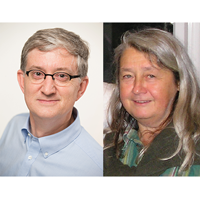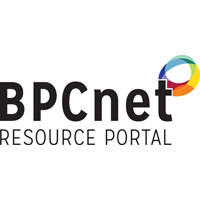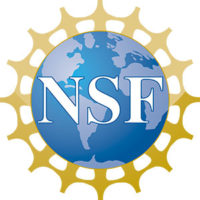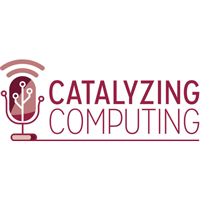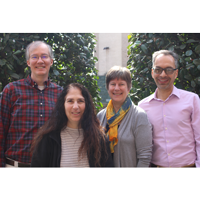
2019 CRA Board Election Results and 2019-2021 Executive Committee
CRA members have elected three new members to its board of directors: Lorrie Cranor, Divesh Srivastava and Marvin Theimer. Current board members Penny Rheingans, Shashi Shekhar, and Jaime Teevan were re-elected to the CRA board. Their terms run from July 1, 2019 through June 30, 2022.
The CRA board of directors has elected new board officers to serve two-year terms beginning July 1, 2019. At the February board meeting, Ellen Zegura was elected chair; Nancy Amato was elected vice-chair; Ran Libeskind-Hadas was elected secretary; and James Allan was elected treasurer.


